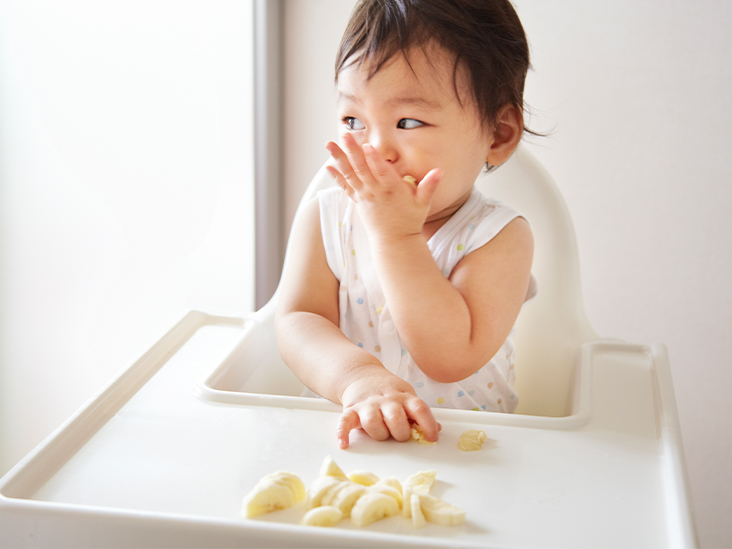
You know for a fact that children should be eating a balanced diet during their growing up years.
Whether your child is a picky eater, a serial snacker or an “anything goes” kind of eater, the right type and mix of nutrients will help him/her grow up to be healthy – both in mind and body.
But do you know what nutrients are crucial for your child’s growth and development, and how much they should consume each of these?
We’ve put together a handy list of nutrients to help you plan ahead for your child’s meals and snacks.
Important Nutrients for Kids to Have in Their Meals
1. Protein
Protein helps to build muscles and the tissues in your child’s bodies. What’s more, they help to break down food into energy and boost your child’s immune system too.
Good sources: Fish, chicken, lean meat, egg, milk, yogurt, nuts, string cheese, peanut butter
2. Iron
Iron plays an important role in helping our bodies produce red blood cells, which carry oxygen in the body. With a lack of red blood cells, your child can get anaemia which may hinder his/her development during the growing years.
Good sources: Red meat, beans, leafy greens, tuna, eggs, iron-fortified cereal, shellfish
3. Carbohydrates
While we as adults try to cut the carbs from our diet, carbohydrates are the most important source of energy for your child. They help your child’s body to use fat and protein for building and repairing tissue.
There are several forms of carbohydrates such as sugars, starches and fibre, but it is the starches and fibres that your child should be loading up on.
Good sources: Bread, rice, crackers, cereal, potatoes, pasta
4. Fats
Another great source of energy for children, fats are easily stored in your child’s body. They help the body to properly use some of the other nutrients that are needed for growth.
Good sources: Cooking oils, whole-milk dairy products, meat, fish, nuts
Read also: The Amazing Health Benefits of Manuka Honey
5. Calcium
This nutrient is a must-have for every growing child, as it helps to build healthy bones and teeth. Calcium is also important for blood clotting, as well as to support nerve, muscle and heart functions.
Good sources: Milk, cheese, ice cream, yoghurt, broccoli, spinach, tofu, egg yolk
6. Fibre
Your child needs to have a healthy amount of fibre in his/her food to have regular bowel activity. A fibre-rich diet also helps to reduce the chances of heart disease and cancer later in life.
Good sources: Whole-grain cereals, lentils, chickpeas, kidney beans, seeds, nuts
7. Folate
Folate may be important for expectant mums but it is also great for growing kids too. A variant of vitamin B, folate promotes healthy growth and development of your child’s cells.
A lack of folate in your child’s diet can cause anaemia.
Good sources: Lentils, chickpeas, asparagus, spinach, whole-grain cereal, black or kidney beans, brussels sprout
8. Vitamin A
Vitamin A is a highly beneficial nutrient for both children and adults. Apart from promoting overall growth and good eye health, vitamin A helps to keep skin healthy and prevent infection too.
Good sources: Carrots, sweet potatoes, squash, spinach, broccoli, cabbage, apricots, fish oils, egg yolk
9. Vitamin C
Vitamin C does so much more than just helping to fight the common cold and keep us healthy. This nutrient holds the body’s cells together, strengthens the walls of blood vessels and promotes wound healing.
In children, vitamin C helps to build strong bones and teeth too!
Good sources: All kinds of citrus fruits (oranges, grapefruit, lemon), strawberries, papaya, mango, tomatoes, potatoes, melon, broccoli, cabbage, spinach
Read also: Childhood Obesity: Should I Be Concerned About My Child’s Weight?























